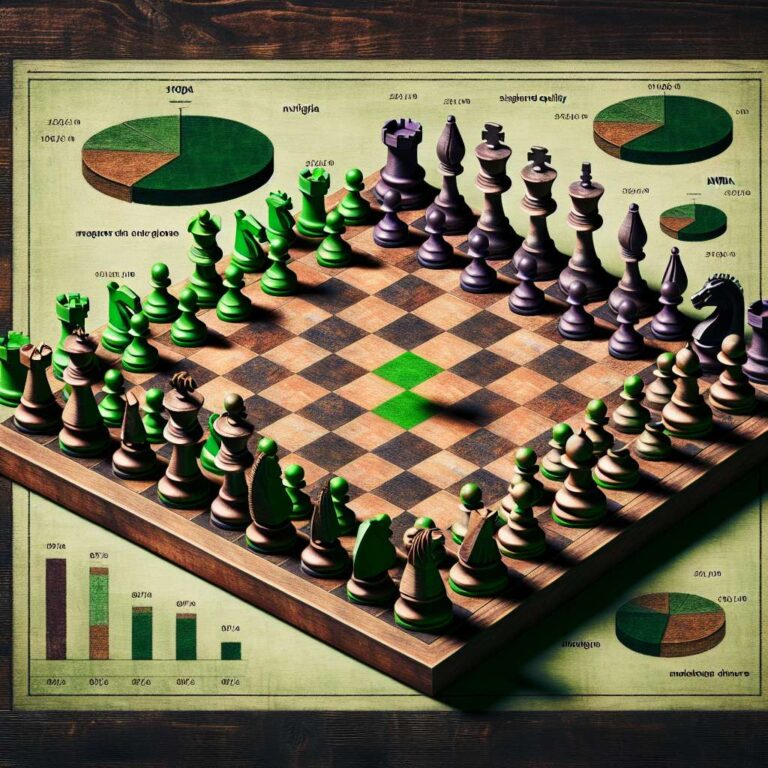According to a report from Jon Peddie Research, NVIDIA captured 94% of discrete add-in board shipments in Q2 2025, up 2.1 percentage points from roughly 92% in the prior quarter. The firm notes that AMD lost the corresponding 2.1% share during the same period, indicating that those AIB sales shifted to NVIDIA. The report attributes part of NVIDIA´s gain to the rollout of mid-range Blackwell GPUs, which now cover budget tiers across the market, while AMD´s RDNA 4 lineup is described as focused on the mid-range segment and therefore less competitive at the high end.
The report also highlights that current GPU generation rollouts are effectively complete and that Intel holds less than 1% market share among AIB vendors. Overall market volumes rebounded to 11.6 million units in Q2, a notable increase compared to recent seasonality. Jon Peddie Research states that this quarter´s shipments were up from the 10-year average of 5.7%. The firm characterizes the AIB GPU market as in a healthy state given the shipment rebound and the consolidation of share among the primary suppliers.
Dr. Jon Peddie, president of Jon Peddie Research, is quoted on pricing and inventory dynamics. He reports that mid-range and entry-level AIB prices dropped while high-end AIB prices increased, and that most retail suppliers ran out of stock, an outcome the firm calls unusual for the second quarter. The report suggests these trends may reflect expectations of higher prices driven by tariffs and buyers attempting to secure inventory ahead of potential cost increases.

